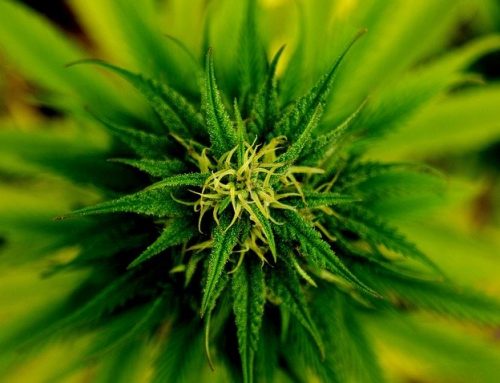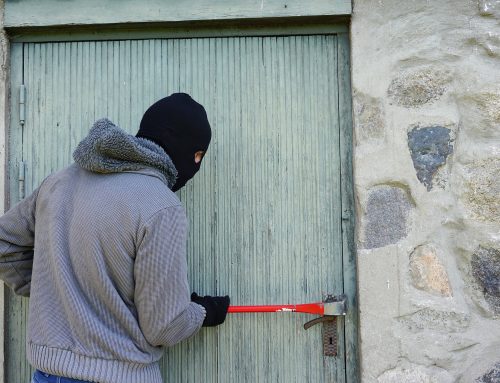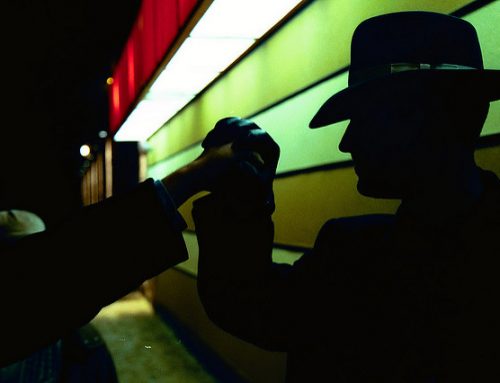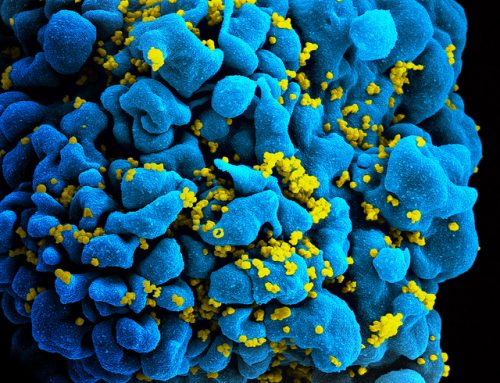A man suspected of drinking and driving was arrested on Tuesday night in Modesto after he crashed into the rear-wheel of a police officer on a bicycle and veered off into a fire hydrant. M. Gibbs was allegedly drunk when he slammed into an off-duty police officer’s bicycle at the intersection of Fine and Merle Avenues which sent the rider flying through the air. According to paramedics, the off-duty officer died at the scene. Gibbs was arrested shortly thereafter under suspicion of DUI and murder.
Tragic events like this underscore how making the decision to drink and drive can quickly become life-altering incidents for the driver, any passengers, and innocent people who happen to be in the wrong place at the wrong time. The charge Gibbs likely expected to face – if any – would have been a DUI charge. He would have faced thousands of dollars in fines and fees, classes, the possible suspension or revocation of his drivers license and possibly some jail time if it wasn’t his first-offense. Instead, he’s being charged with murder.
Murder and DUIs go back to the 1981 California Supreme Court case of People v. Watson which established that a drunk driver who causes an accident where someone dies can be charged with murder. There are two separate charges that fall under murder in California Law – first-degree and second-degree murder. DUI murders are considered to be second-degree in that the malice aforethought is implied, meaning that the individual likely didn’t set out to kill anyone. Instead, the individual:
- Committed an intentional act that resulted in someone’s death
- The natural consequences of that act are dangerous to human health, and
- The person knowingly acted with conscious disregard of that danger
Driving under the influence of alcohol or drugs fits the above criteria and so, a second-degree murder charge was the result. Therefore, instead of facing the relatively minor charges of a DUI, M. Gibbs instead faces 15 years to life in California state prison, a fine of up to $10,000 and a strike on his personal record under California’s Three Strikes Law.






